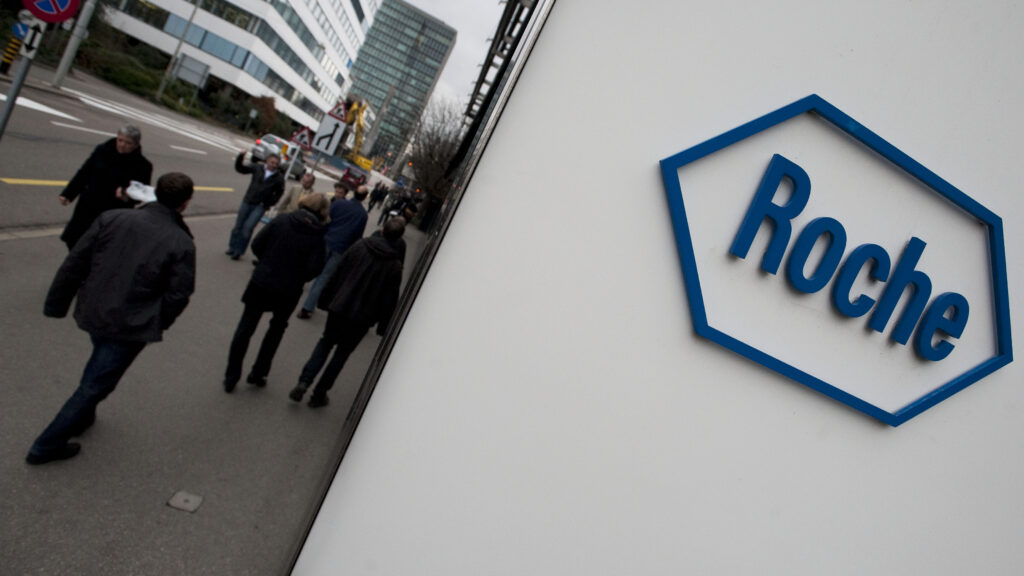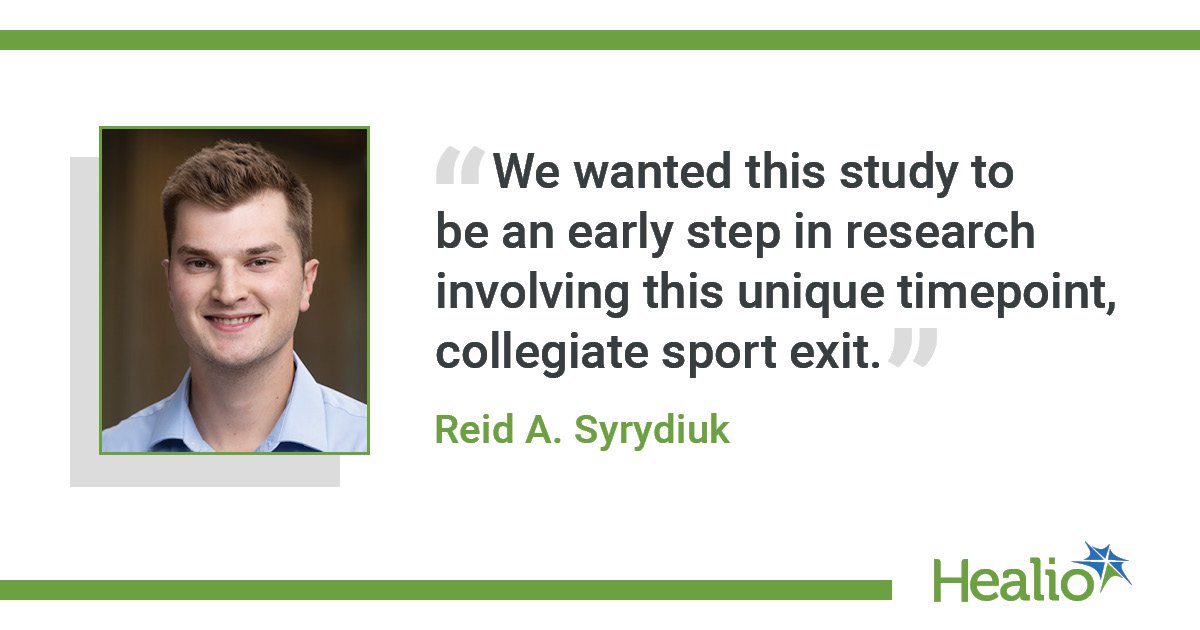October 10, 2025
2 min watch
Key takeaways:
- The study will examine 0.05% atropine drops for delaying onset of pediatric myopia in more than 600 children aged 6 to 11 years old.
- It will be conducted at 14 centers across the U.S.
BOSTON — A study of atropine eye drops to delay the onset of pediatric myopia has received federal grants totaling $25 million and will be conducted by researchers at the University of Houston and The Ohio State University.
“A study like this has never been conducted in the United States,” David A. Berntsen, OD, PhD, FAAO, coprincipal investigator and Golden-Golden Professor of Optometry at the University of Houston, told Healio during Academy 2025. “If we’re able to find these kids and provide a treatment that’s able to delay when they become nearsighted, our hope is that we can decrease how nearsighted they are long term and then also decrease the risks that are associated with myopia later on in life.”
The Delaying Onset of Nearsightedness Until Treatment (DONUT) study received two grants from the National Eye Institute of the NIH. It will evaluate the use of 0.05% low-concentration atropine eye drops or placebo in more than 600 children aged 6 to 11 years old, each of whom will be followed for 2 years, according to a press release.
“This will be a 14-center clinical trial where we will be enrolling kids across the nation who are not yet myopic but are at highest risk of becoming nearsighted in the future,” Berntsen said.
A previous study conducted in Asia showed that atropine drops can delay the onset of myopia, according to the release. The U.S. study is being led by Berntsen and Jeffrey J. Walline, OD, PhD, and Lisa Jordan, MS, PhD, both of The Ohio State University.
For more information:
David A. Berntsen, OD, PhD, FAAO, can be reached at dberntsen@uh.edu.









